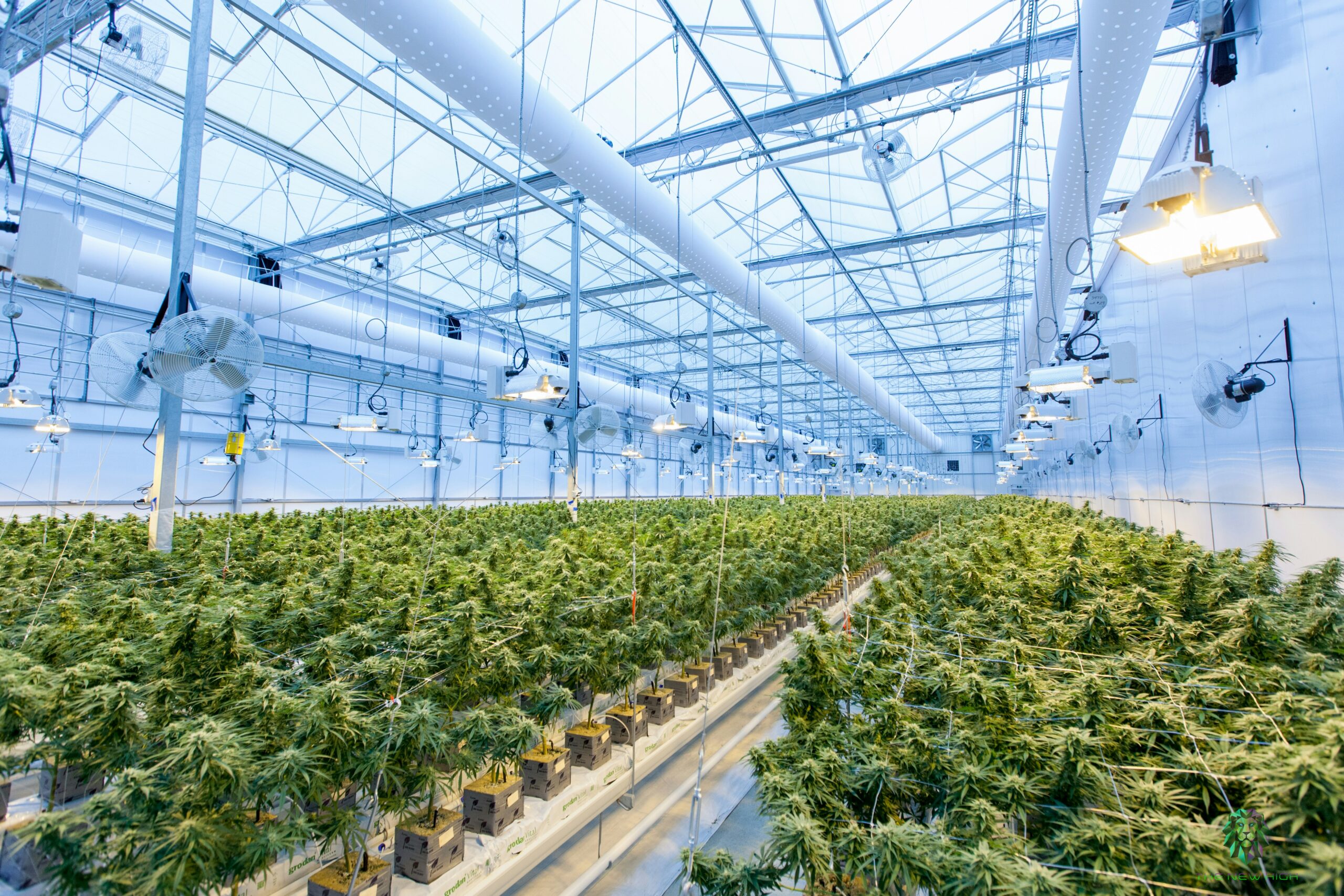
Provisional cannabis licenses have emerged as a vital component in the regulatory landscape of legalized cannabis across the United States. These temporary permits allow businesses to begin operations while working toward full compliance, offering a practical solution to delays in the licensing process. They are particularly impactful for new entrants, helping to lower barriers to entry and promote a more inclusive market.
California Cannabis Blog notes that states such as California, Massachusetts, and Michigan have adopted unique approaches to provisional licensing, using it as a tool to support market growth, streamline oversight, and encourage entrepreneurship. Despite their benefits, these licenses come with their own set of challenges, including regulatory uncertainty and varying state-level standards. As the industry grows, policymakers are exploring reforms to make provisional licensing more effective.
Provisional Cannabis Licenses
Unlike annual licenses, provisional ones are typically limited in duration and may come with additional oversight. They don’t always grant the same level of operational freedom as full licenses, but still enable businesses to enter the market sooner. In states like California, Massachusetts, and Michigan, provisional licenses are part of a broader system to streamline the regulatory process and support emerging cannabis entrepreneurs. They help regulators manage volume without stalling momentum.
Benefits for New Operators
Provisional licenses play a crucial role in opening the door to the cannabis industry, especially for small businesses and individuals who may lack the resources to bear long regulatory delays. By shortening the time between application and operation, these licenses help level the playing field and encourage broader participation in the market.
Operators from communities disproportionately impacted by past cannabis laws often rely on provisional licenses to gain a foothold while securing the necessary capital and infrastructure for full compliance. In Massachusetts, social equity applicants have used provisional licensing to build their brands and customer bases much earlier than they would through the standard process. This early start often becomes a competitive advantage in saturated markets.
This type of licensing also gives regulators a chance to monitor new entrants closely without requiring them to wait for every box to be checked. The ability to start generating revenue while working toward full licensure is a major incentive for entrepreneurs navigating an already competitive industry. It also fosters innovation, as businesses can test ideas and receive market feedback sooner.
Eligibility and Compliance Standards
To qualify for a provisional license, applicants typically must meet several baseline requirements, such as securing local municipal approval and submitting a complete application package. While these standards vary by state, most regulatory bodies expect applicants to demonstrate good faith in meeting operational and safety standards. Proof of funding, detailed business plans, and adherence to zoning regulations are often reviewed during the process.
These licenses often come with expiration dates and may require renewal or demonstration of progress toward full compliance. Even under provisional status, businesses must adhere to strict compliance rules. This includes tracking inventory, following health and safety protocols, and submitting to inspections. Authorities treat provisional operators as active participants in the legal market, which means that falling short on compliance can carry serious consequences, including license revocation.
State-Level Approaches
California integrated provisional licenses as a transitional mechanism during the rollout of its adult-use cannabis program. This allowed businesses to operate legally while the state refined its complex licensing framework. By issuing thousands of provisional permits, regulators avoided bottlenecks that could have stalled the market entirely.
In Massachusetts, provisional licenses are especially valuable for first-time applicants, including those participating in the state’s social equity program. These temporary approvals allow operators to start building infrastructure and forming partnerships before receiving final authorization. Michigan has also embraced provisional licensing to encourage broader participation, especially in areas new to cannabis commerce. The flexibility built into each state’s process reflects a balance between public safety and economic opportunity. Additionally, some local jurisdictions have adapted the state model further to suit community-specific goals.
Operational Challenges and Policy Gaps
While helpful in launching businesses, provisional licenses are not without complications. Some operators have been stuck in a prolonged provisional phase due to regulatory backlogs or shifting policy requirements. These delays create uncertainty and can make it difficult to secure long-term investments or expand operations. In some cases, the temporary nature of the license itself deters lenders and investors from committing resources.
Inconsistencies between states—and even between municipalities within the same state—can confuse applicants and create uneven enforcement. A lack of clear timelines or benchmarks for transitioning from provisional to full licensure sometimes leaves business owners in limbo, unsure of how to proceed. This ambiguity can stall business planning and lead to compliance missteps that jeopardize future licensing.
Trends and Developments
As the cannabis industry continues to grow, some states are starting to reevaluate how long provisional licenses should remain in use. In certain markets, sunset clauses have been proposed to phase out these temporary permits entirely, while others are looking to expand them as tools for promoting equity and innovation. Legislative sessions across several states have included discussions on refining the scope and duration of provisional authorizations.
There’s growing momentum behind policy reforms aimed at making provisional licensing more transparent and predictable. These changes are often driven by feedback from entrepreneurs and advocacy groups who see these licenses as a critical entry point, especially for underrepresented communities. Whether used as a stepping stone or a long-term strategy, provisional licenses continue to shape how states broaden access to the cannabis market.